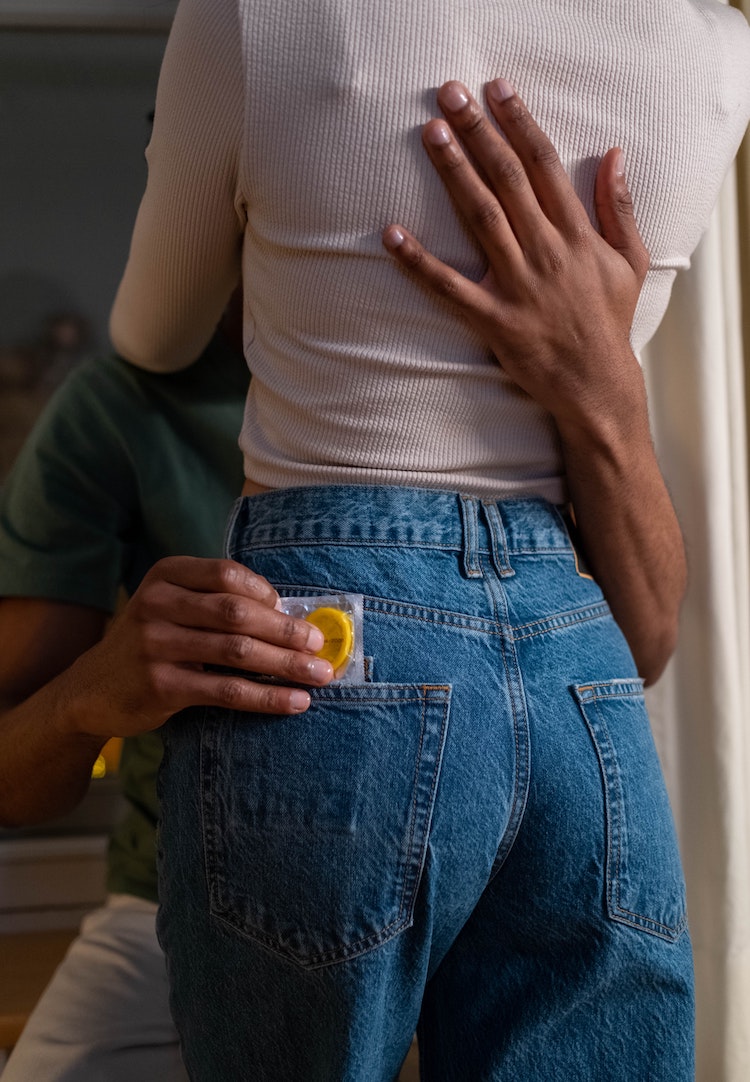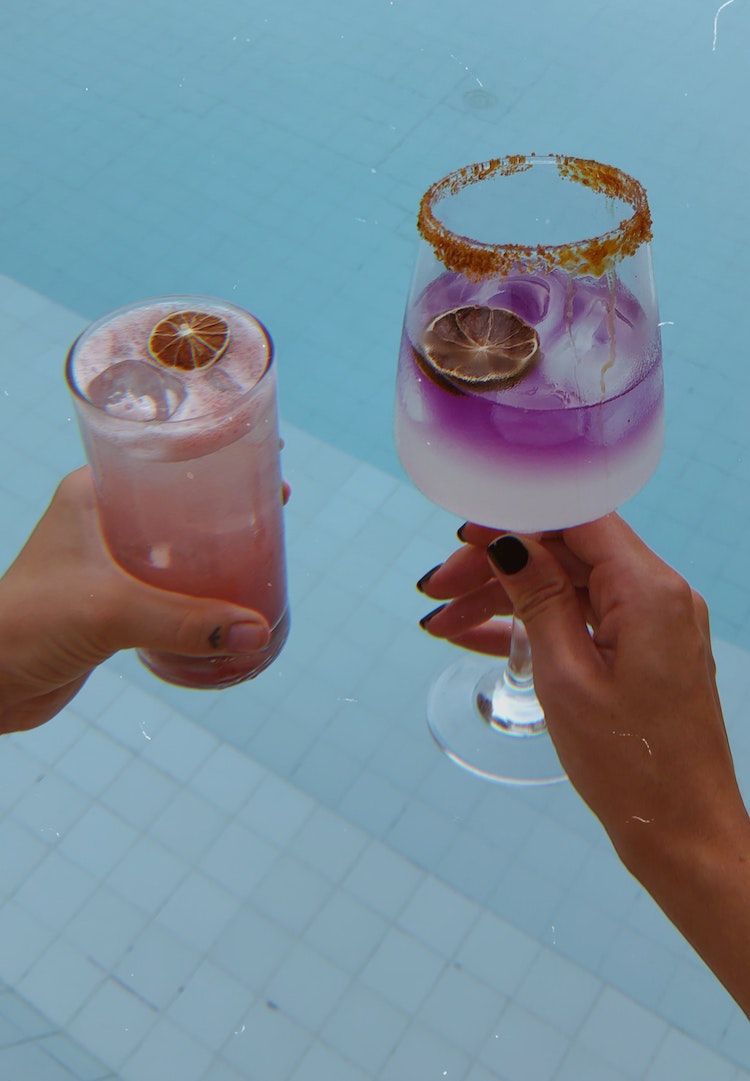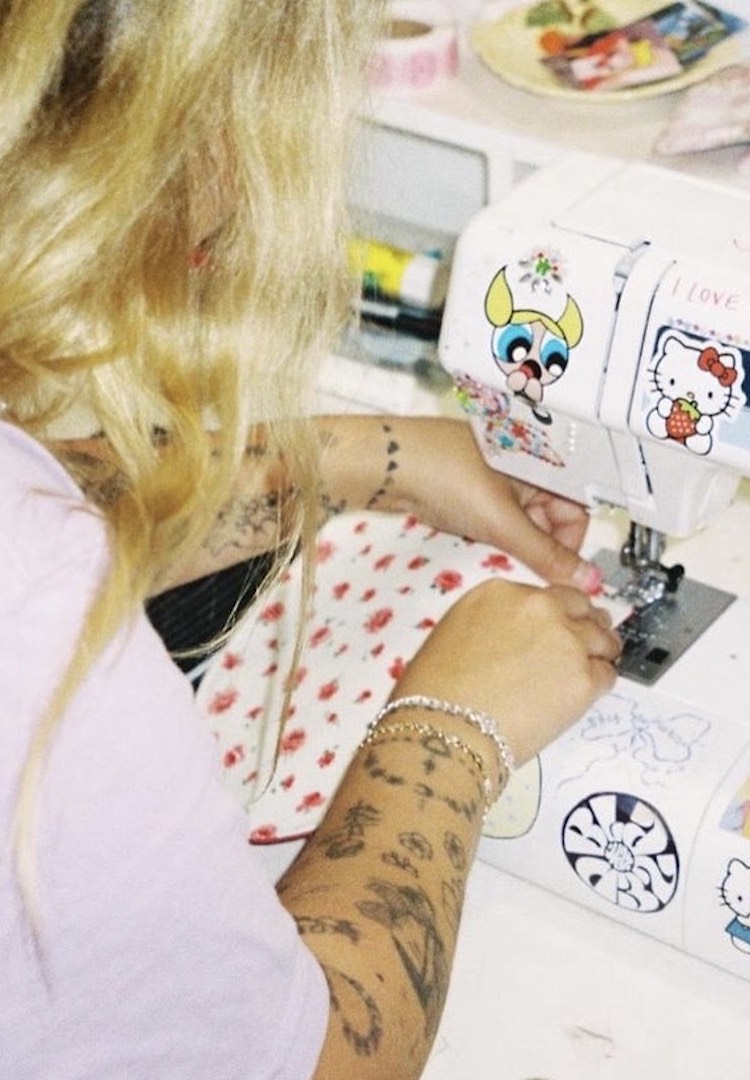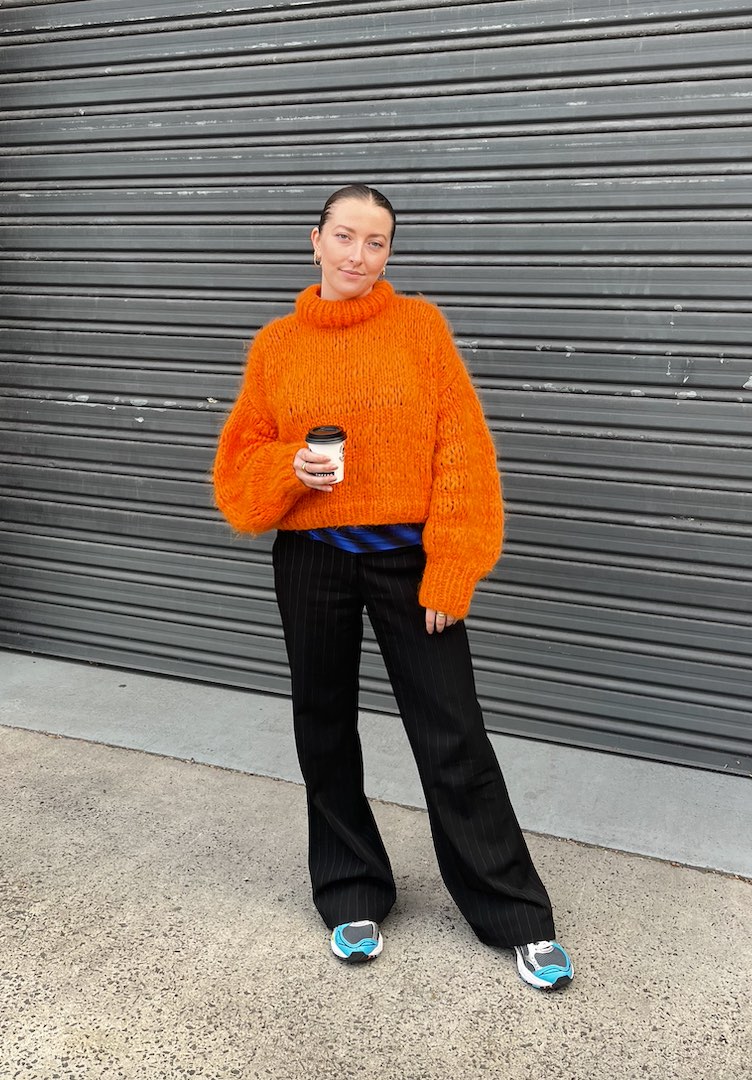How to go to an event alone in 2022
WORDS BY GENEVIEVE PHELAN
“Be brave and say hello.”
We’re all probably familiar with the anxiety that creeps in during the leadup (or entry to) an event you’re attending solo. It’s very confidence-warping and occasionally crippling, but most of the time it dissipates within the first half-hour of stepping foot in the venue.
Some of us might feel this ‘event angst’ more intensely than others. Maybe your chest tightens, you feel awkward in your stance, you don’t know where to look and you reach for the comfort of your phone in the hopes that someone, anyone, comes up and speaks to you.
Looking for more stories on navigating the modern world? Head on over to our Life section.
But these actions are also very unlikely to be conducive to making meaningful connections. So how do we embrace the initial fear of rocking up to an event alone, and how can one become ‘good’ at it?
20-something businesswoman Rachael Akhidenor has forged a community and brand called Self Care Originals to combat this kind of friend-finding malaise we might unknowingly have. She’s created a set of ‘tools’ that include conversational card decks to help build intimacy between friends old and new.
She made these cards in collaboration with The Mind Room in Melbourne, using expressive writing techniques, widely-held research on forming intimate connections, and Acceptance and Commitment Therapy (ACT).
“For most people (myself included), small talk can feel quite uncomfortable. And after two years of a pandemic, it’s understandable to feel like you don’t know how. Having a card game or prompt cards to anchor the conversation creates a really beautiful and intentional space that welcomes connection. I often find that once that initial connection is made, endless conversation ensues,” says Rachael.
I was curious to learn how Rachael approaches events that she doesn’t know many people at (or anyone). When it comes to making new connections, she believes mindset and intention are paramount.
“What could be seen, objectively, as a daunting prospect, can be reframed as an opportunity. You could frame it as an opportunity to connect with new people, or to experience new energy or frequency. Or, perhaps, it could provide you with the chance to push yourself out of your comfort zone, ultimately serving your overall growth and evolution.
“Beyond the mindset piece, I always remind myself that people don’t remember what you say; they remember how you make them feel. Staying open and warm, smiling, and asking questions can go a long way when making new connections.”
To dig a little deeper into the psychology of attending events alone, I caught up with Jo Mitchell from The Mind Room. Jo is a clinical and coaching psychologist who works with professionals and performers in sports, small business and creative industries. Hopefully, she can give us all a little perspective before we attend future events solo.
When trying to forge new friendships at events, how can you appear more confident than you may feel?
Breathe, smile and connect with your values. It is really common to feel uncomfortable meeting new people or [being] in a new situation. Often we will get fixated on the discomfort in our bodies and [the] stories running through our minds [like] ‘Everyone is so cool and [has] got their shit together, except me’ [or] ‘I have nothing to say’.
Notice if that is happening, take a deep slow breath, and bring yourself back to the conversation or person in front of you. If they are a good talker, then be a good listener. Or be curious and ask questions about them to get the conversation started. Come back to your core values, such as kindness, curiosity, adventure or humour, and be that person.
When you feel the anxiety start to creep in and your body tense up in a room full of new faces, what are some practical tips to put into practice?
Acceptance is key. Anxiety is a normal response to novelty or challenge. Learn to chat to yourself about it [by thinking something like] ‘It’s normal to feel nervous but it will settle’. To help calm the anxiety or stress response in your body take a couple of deep, slow breaths.
This activates the vagus nerve which sends a message to the rest of your body that you are safe and it can stop being on alert. Having a grounding phrase can also help; using something like ‘Smile and be friendly’ can remind you to be present and open.
What impact has the ‘lockdown era’ and years of insular social lives had on our ability to embark on events solo?
We have become a little socially de-skilled during the lockdown era. We have retreated to the safety of home and had less practice at venturing out in the world. So it can feel awkward or clunky – for everyone, not just you.
Lockdown life has also created a shared bond between people which can also give us common ground to connect over, so it is not all bad news. It has reminded people of the value of in-person connection, making us more receptive to opportunities to socialise and more forgiving of people’s imperfect efforts to connect.
What are some of the easiest ways to build intimacy with a complete stranger at an event?
Be brave and say hello. Someone has to break the ice and it may as well be you. Have a story to share or some open-ended questions up your sleeve. Be a good listener – too often we jump in to fill the gap or we anticipate what others will say and respond too quickly.
Really listen and respond thoughtfully to others. It is okay to spend your time being the group listener, just being there is enough to start building a connection. The research tells us that it takes about 80 to 100 hours of contact to shift from stranger to acquaintance to friendship, so start racking up your hours any way you can.
How can the prompts on Self Care Originals’ card decks help strangers make new connections?
Meeting strangers can be a little daunting, except for the small minority who relish new faces and unfamiliar social events. With more nerves than usual, we tend to fall into familiar and safe patterns of conversation, that can be surface level or transactional, [like] ‘How’s your day?’ [and] ‘What do you do for work?’.
Tools like the Self Care Originals card decks can shake up our conversational patterns and get us moving into new territory. As long as we don’t go too deep, quirky or quickly for our conversation partner, the cards can create engaging new conversations and connections.













